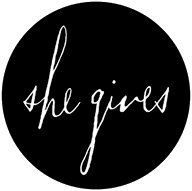STAT BOX
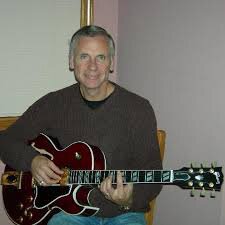
1. What about your job gets you up in the morning?
In five words, “It’s all about the kids.” I love to get to know them and watch them perform. I love hearing stories from the Music Clubhouse Directors about how music has changed so many lives – building self-confidence and self-esteem. I feel very fortunate to be a partner to so many amazing youth development organizations who do the great work that they do every day!
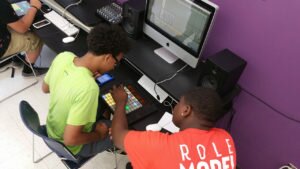
2. How has your organization changed in the last few years? What are you most excited about on the horizon?
We have doubled down on our efforts to leverage our knowledge of how to establish and sustain a high quality after-school music program for teens. We have made considerable investments in training materials, method books, design guides – all of which can be used by all of our Music Clubhouses.
I am very excited about the future. For our established clubhouses, we are investing in technology – the iPad is now a recording studio and teaching assistant! We are committed to ensure that our program stays on the leading edge of new musical recording and instruction techniques. We continue to invest in our Clubhouse Directors who have paid it forward with great new ideas and programming that we share with all of our Clubhouses. All in all, we have a very active and creative music community where everyone learns from each other and shares energy and excitement for our work of bringing music opportunities to underserved youth.
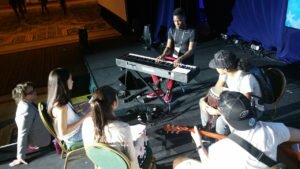
3. What is the most challenging element of your work?
Our organization is different and sometimes being different is hard! Our model is to exclusively work with Youth Development Partners like Boys & Girls Clubs and YMCA’s and “teach them to fish” – in other words, to empower them to change the lives through music. Working with partners is harder than doing things yourself – but the payoff is huge in terms of leverage and sustainability.
4. What story of impact really stays with you?
There are so many stories – in fact our website has a fairly extensive collection which I would encourage people to visit. For example, one that stays with me is a story about a young lady who became active at the Music Clubhouse. When she first started coming, she was shy and reserved. A few years later, you would not recognize her as she performed original songs to a packed house at her Club. What she overcame was not only being from a poor family, but one where both her mother and father were in jail. The Music Clubhouse became her vehicle for coping with a very difficult life.
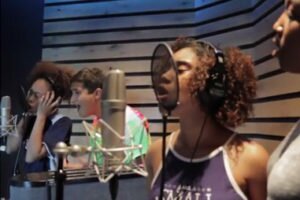
5. What is your personal relationship to music?
I took guitar lessons for a couple of years when I was in junior high. I hated it! In fact, the music books I used are still being used today, but not by us, as we feel there are more engaging approaches for the population we are serving. Scales, theory, “two string polka” did not do it for me – so I quit. When I was 40, my mid-life crisis was not to buy a sports car but to go back to the guitar. I was very fortunate to start taking lessons from Jay Ford who now runs the Music Maker School in Acton, MA. His approach was to find out what kind of music I liked and to teach me to play a song – then fill in the theory later. I was hooked and over 20 years later, I still play just about every day. This approach, now with the fancy academic name “informal learning,” is the way we teach at the Music Clubhouses today.
Music is my constant companion, my way of dealing with stress, my way of relaxing. I can’t imagine my life without music!
